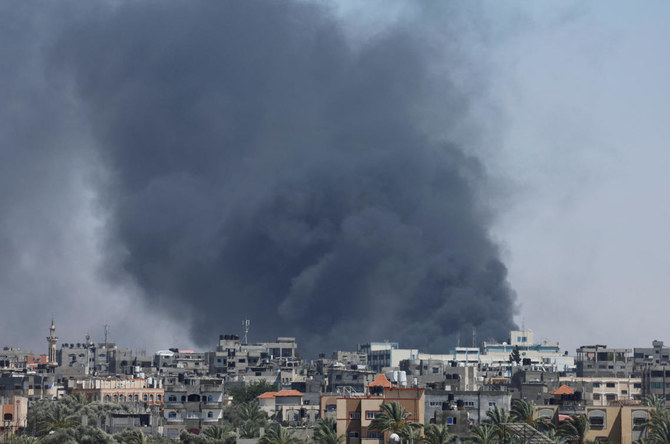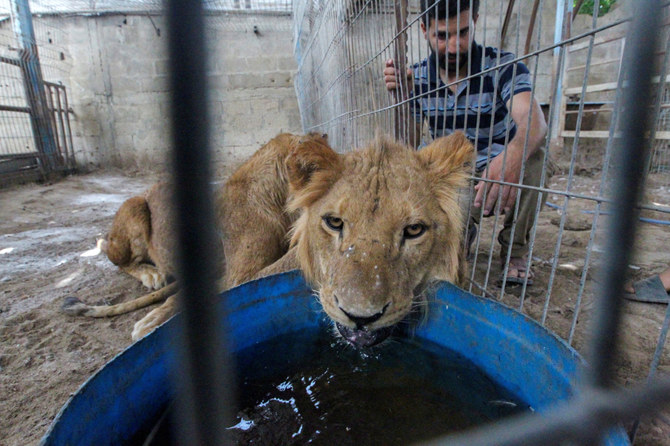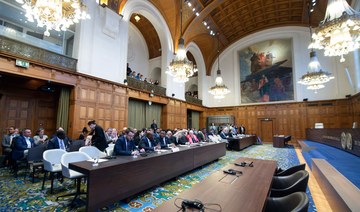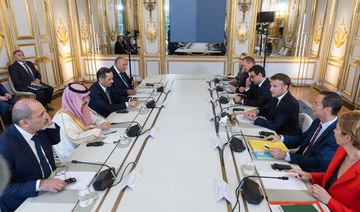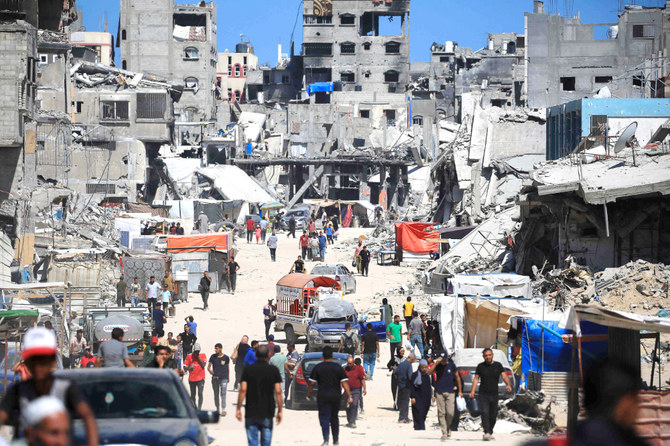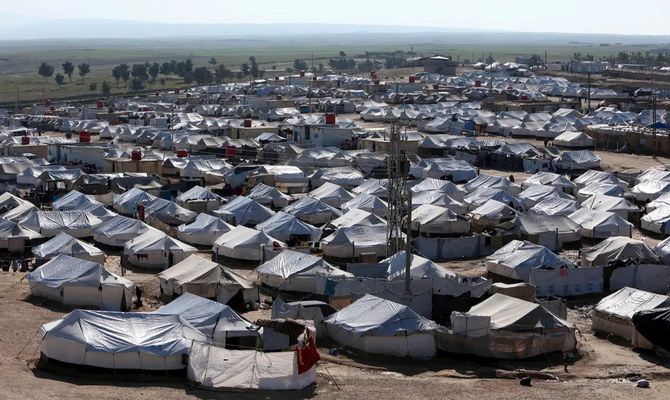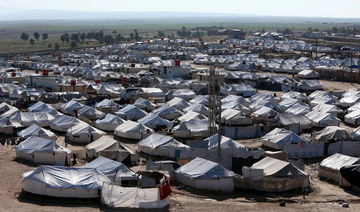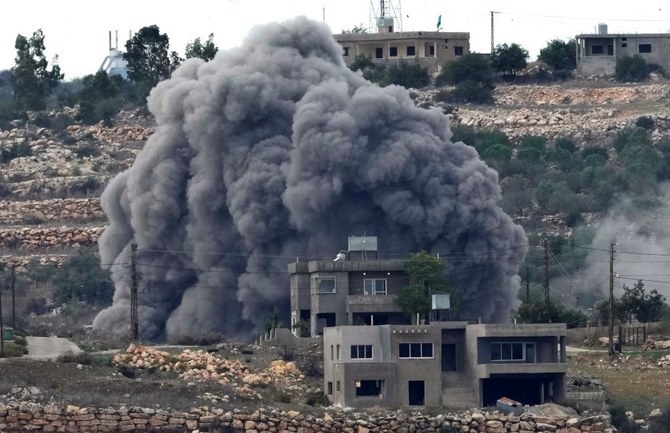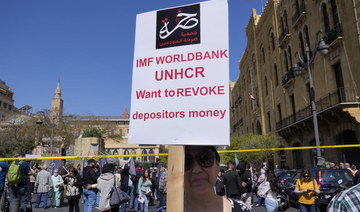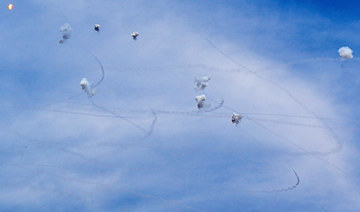BEIRUT, WASHINGTON: The Kurdish-led administration that runs much of northern Syria welcomed a US decision to keep 200 American troops in the country after a pullout, saying it would protect their region and may encourage European states to keep forces there too.
“We evaluate the White House decision ... positively,” Abdulkarim Omar, co-chair of foreign relations in the region held by the US-backed Syrian Democratic Forces (SDF), told Reuters.
The White House announced the plans on Thursday to keep “a small peacekeeping force” in Syria, partly reversing a decision by President Donald Trump in December to pull out the entire 2,000-strong force.
Trump’s abrupt announcement of the pullout had been opposed by senior aides including Defense Secretary Jim Mattis who quit in response, and stunned allies including the Kurdish-led SDF, which fought against Daesh with US backing for years.
“This decision may encourage other European states, particularly our partners in the international coalition against terrorism, to keep forces in the region,” Omar added.
“I believe that keeping a number of American troops and a larger number of (other) coalition troops, with air protection, will play a role in securing stability and protecting the region too,” he said.
Sen. Lindsey Graham, R-S.C., who had harshly criticized Trump’s decision to pull US forces out of Syria, applauded the president’s decision to leave a few hundred as part of an “international stabilizing force.” Graham said it will ensure that Turkey will not get into a conflict with SDF forces, which helped the US fight Daesh militants.
Moreover, Graham said leaving a small force in Syria will serve as a check on Iranian ambitions and help ensure that Daesh militants do not try to return.
“A safe zone in Syria made up of international forces is the best way to achieve our national security objectives of continuing to contain Iran, ensuring the enduring defeat of ISIS (Daesh), protecting our Turkish allies, and securing the Turkish border with Syria,” Graham said.
Sen. Jack Reed, a Rhode Island Democrat, called the decision a “betrayal of our Kurdish partners.”
The SDF is led by a Kurdish militia, which Turkey considers an enemy. Kurdish officials had feared that a total US withdrawal would create a security vacuum and allow Turkey to launch a long-promised offensive against them.
The Kurds, who seek autonomy within Syria, have made overtures to the government of Bashar Assad, seeking security guarantees as Washington withdraws.
“I believe that these forces in this region ... will be a motivation, an incentive and also a means of pressure on Damascus to try seriously to have a dialogue to resolve the Syrian crisis,” Omar said.
The SDF is currently involved in a standoff over the final sliver of land held by Daesh in eastern Syria, close to the Iraq border.
Many believe the Daesh threat will not end with the pocket’s recapture and an insurgency is underway.
In a foreboding sign on Thursday, Daesh claimed responsibility for back-to-back suicide attacks that hit a village miles away, leaving more than a dozen people dead in a rare targeting of civilians.
It is unclear where the 200 remaining US troops will be stationed.
The U.S. military has a limited network of bases inside Syria. Troops work mostly out of small camps in remote parts of the country’s northeast.
Also, U.S. troops are among 200 to 300 coalition troops at a garrison in southern Syria known as al-Tanf, where they train and accompany local Syrian opposition forces on patrols to counter the IS group. Al-Tanf is on a vital road linking Iranian-backed forces from Tehran all the way to southern Lebanon — and Israel’s doorstep.
Trump spoke Thursday with Turkey’s President Recep Tayyip Erdogan.
“On Syria, the two presidents agreed to continue coordinating on the creation of a potential safe zone,” the White House said in a statement about the call.
The White House also said acting Defense Secretary Patrick Shanahan and Chairman of the Joint Chiefs Gen. Joseph Dunford will be hosting their Turkish counterparts in Washington this week for further talks.





